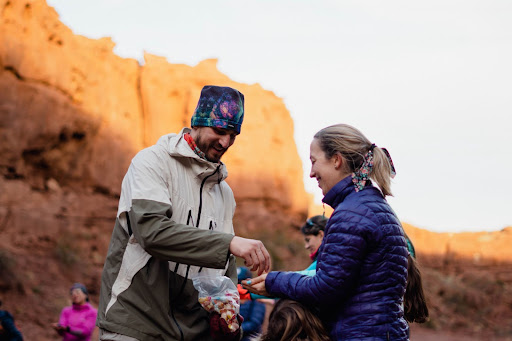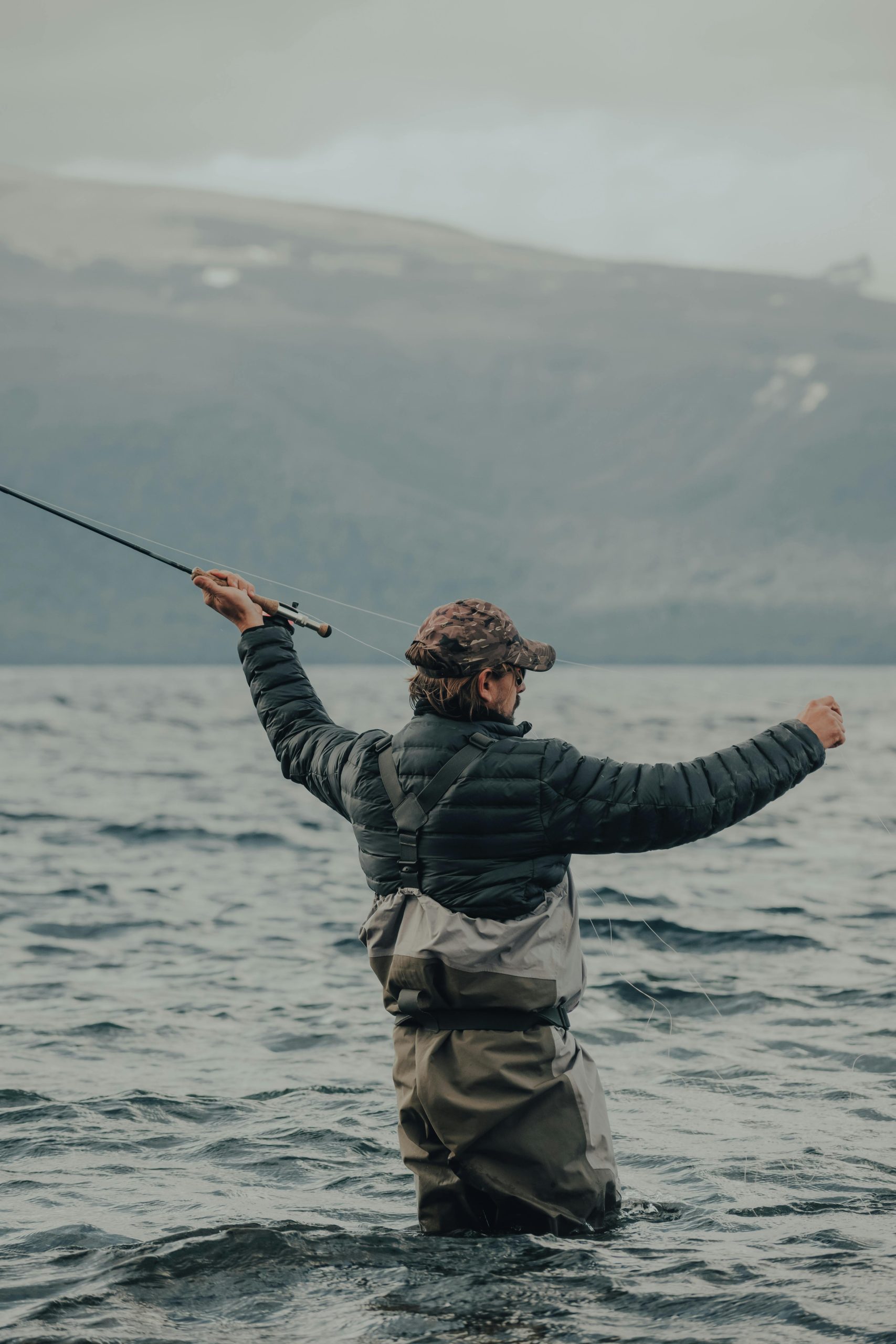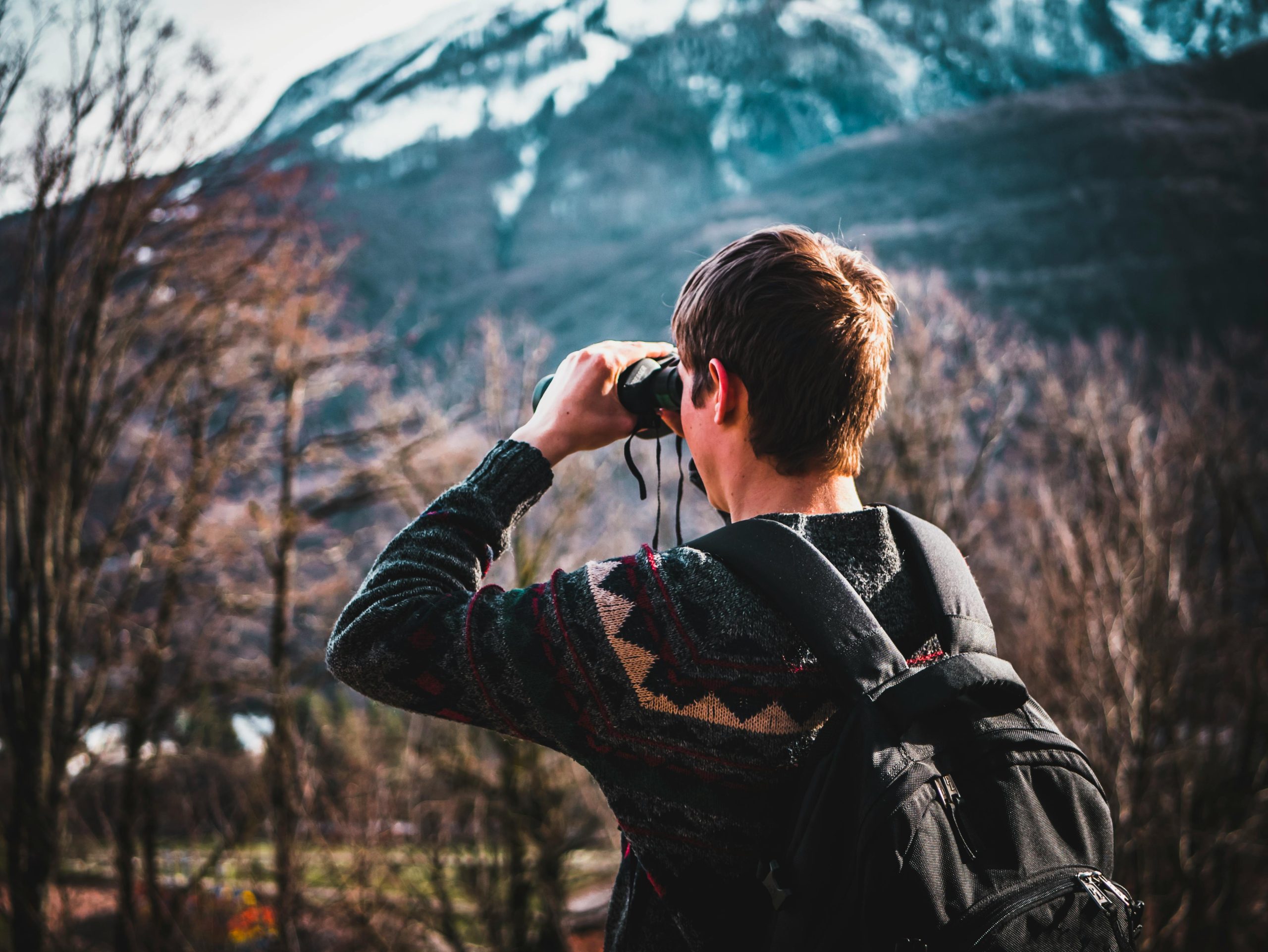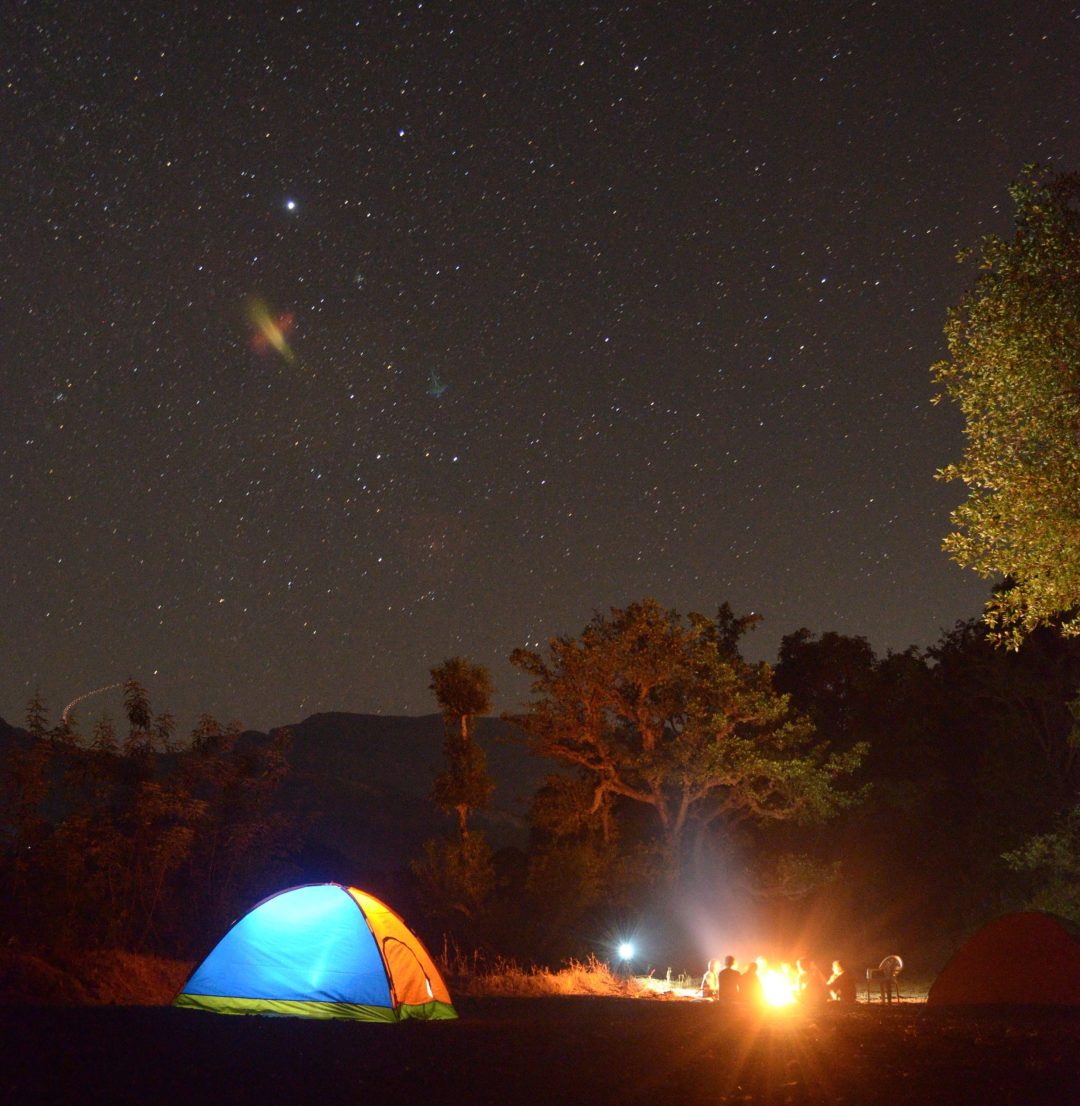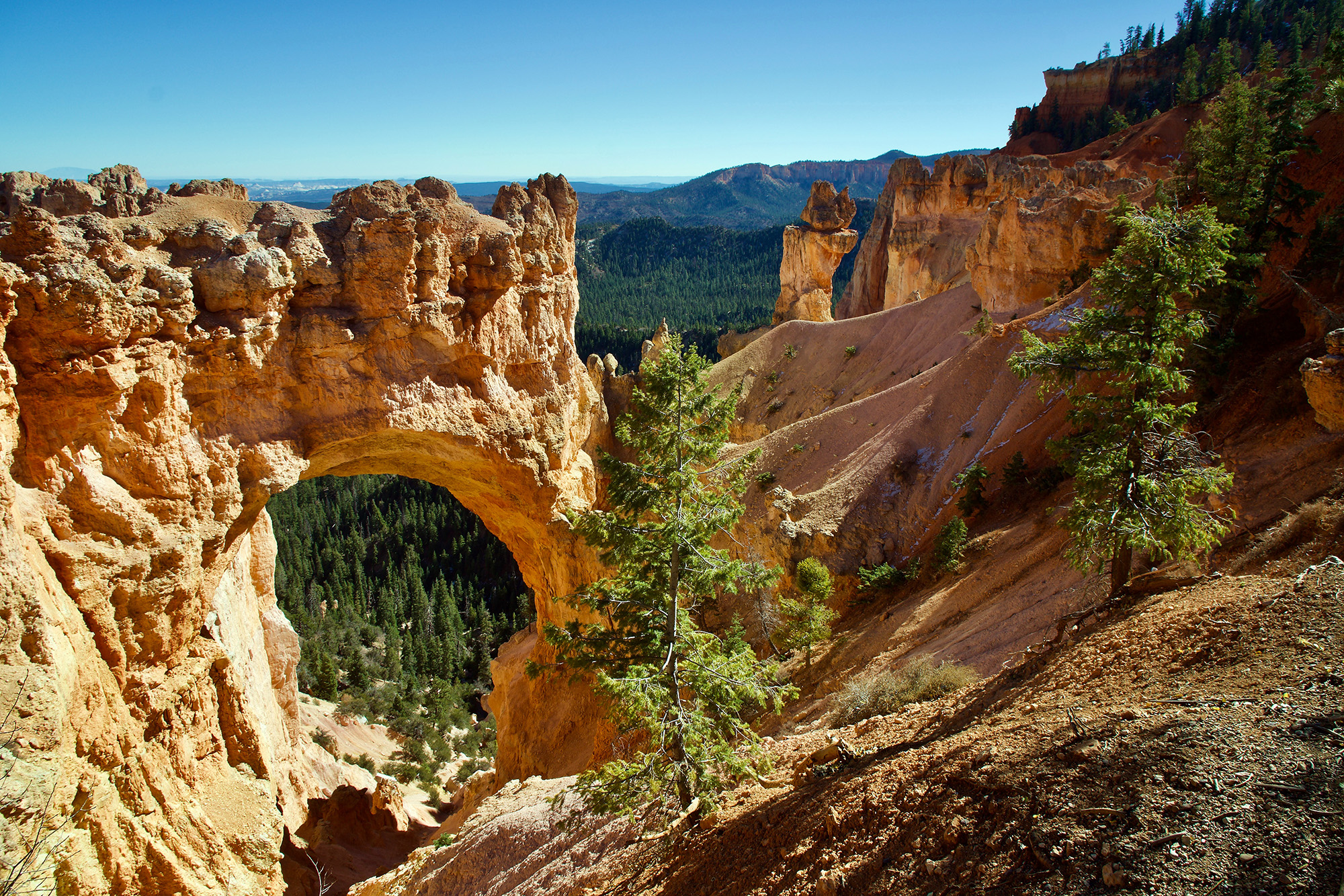While staying at Feber Resorts, you are bound to find yourself preparing for a hiking trip! Knowing how to prepare for the weather and emergencies can help you and your group stay safe while hiking in Zion National Park and other trails in Southern Utah. Don’t catch yourself in a sticky situation without these essentials. Let’s prepare for the best hiking experience while visiting Zion Camp!
Key Takeaways
- Plan your hike ahead of time and make sure that you wear appropriate clothing for day hiking and for a long period of time.
- Remember to pack snacks and plenty of water so that you don’t end up getting dehydrated while hiking which can ruin your experience.
- Make sure you follow the safety tips in order to stay safe while hiking for shorter or longer periods of time.
- Always be over-prepared instead of being under-prepared and scrambling for basic needs like water while hiking in the wilderness.
Wear Appropriate Clothing for a Multi-Day Hike
Always be prepared for anything. Even if you only plan on hiking for a couple of hours, dress as through you might be going on a backpacking trip, just in case anything were to happen. Always be over-prepared than under.
Dressing for the weather in Southern Utah can differ depending on the time of year you visit. The summers in Zion National Park are extremely hot, while the winters are chilly due to the region’s desert climate. Wear light clothing or removable layers if you find yourself here in the summer. In the spring and fall, it’s best to wear layers because the morning and evening hours tend to be chilly. Wearing layers allows you to shed a layer if you become overheated or put it back on if you get chilled.
The shoes on your feet can make or break your experience on any trail. You don’t want blisters or sore feet on the first day of visiting Zion National Park. Wear a pair of hiking shoes or hiking boots that are adequately broken in and comfortable for an extended period of time. Ensure they have a grip for climbing steep rocks or hills. Wear comfortable hiking pants so you are protected against low brush and insects.
Check the weather before you set out on your day hike, and be sure to adjust your outfit accordingly. If you plan on hiking somewhere you know you’ll be wet, it might be best to bring an extra pair of clothes and shoes. Walking in wet shoes increases your chances of getting a blister. Dressing with the weather in mind can also help prevent heat exhaustion or frostbite.
What Should I Include In My Hiking Bag?
Some essential items should be included in your packing list for your hiking pack when out and about. Southern Utah features countless hikes and views to explore, and you should be prepared for anything you might encounter. Especially in the arid climate, you should pack plenty of water, but there are plenty of other items to add to your backpack when heading out for an adventure. Here are some of our recommendations while hiking in Zion National Park.
Pack Snacks and More Food
Snacks or packed lunches are necessary for restoring and maintaining your energy as you hike. If you will be exploring around meal times, pack a lunch and find the perfect picnic spot among the natural beauty of Zion National Park. Always toss in a few munchies for you and your group to snack on while you stroll through the wilderness.
Especially if you plan to explore for an extended time, you should have some food handy. Small snacks such as granola bars or dried fruit while taking a break can keep your energy levels up while hiking. Throw a few in your pack for you and your friends or family. Food is essential for energy and keeping in good spirits to complete a challenging hike. If you plan to be out for a while, toss in a can of soup or beans that you can warm as a meal if you get lost or stranded. It’s never a bad idea to be prepared, just in case.
Water, Water, And More Water
If you have never visited Southern Utah, you should know that we are considered a desert. That means we experience extreme weather conditions, especially in the summer. Drinking water is essential in keeping you cool, hydrated, and comfortable while exploring. In general, you should pack about a gallon of water per person daily. Pack more than you usually consume if you’re in the heat or doing strenuous hikes.
Hydration is essential when hiking. Water prevents your body from overheating and dehydrating. You should always have at least a water bottle or two with you on the trail. After three days without water, the human body will start to shut down, so be sure to hydrate before, during, and after your day hike. Everyone in your party should have their own water bottle and a backup if going on an extra long journey.
Having a water purification device in your pack might be wise as well. In Zion National Park, the Virgin River flows through the canyons, allowing you to use a LifeStraw to purify water if you don’t pack a plethora of water or find yourself in a bad situation. Plus, water purification devices are typically small, so they can easily fit in your backpack.
Protection You Need for Happy Hiking
You will most likely be in the heat, particularly if you visit Zion Canyon Campground and Resort in June, July, or August. Remember to include sunscreen for sun protection from the harmful sun rays. If you visit in the early spring or winter months, you will most likely experience some rain or cooler temperatures while hiking. It is always good to know before hand what the trail conditions look like based on the current weather. Be sure to take a light jacket or a poncho to protect yourself from any precipitation or chilly weather.
Zion’s stunning natural beauty and diverse ecosystems often mean encounters with various insects, including mosquitoes, gnats, and flies. These pesky creatures can not only be annoying but can also pose health risks by transmitting diseases. Bug spray provides a simple yet effective defense against these pests, allowing hikers to fully enjoy their outdoor experience without the constant distraction of swarming insects.
Bears are rarely a concern in Southern Utah, but other wildlife like snakes or mountain lions are among the predators prowling in Zion National Park. It’s important to know the types of animals that might threaten your experience while in the park. A small can of bear spray and a small knife can be helpful if you encounter a wild animal while on your adventure. To see some of the wildlife here in Zion, check out this blog post.
Helpful Information for a First Aid Kit
Let’s face it, accidents happen, especially while in the wilderness. Adding a simple first aid kit to your backpack can help you prepare for those typical cuts and scrapes. Be sure your first aid kits include some of these essential items:
- Bandaids: Various sizes ensure you’re prepared for minor scrapes and large cuts while out and about.
- Antiseptic wipes or spray: You most likely have water to clean wounds, but having an extra cleaning agent can prevent infection and make a clean surface for your bandage. Even if you don’t have an open wound, having hand sanitizer on hand is a great thing to have.
- Antibiotic ointment: Packing some ointments can help promote healing for cuts or scrapes. Add that to your first aid pack, just in case.
- Pain medication: Be prepared for headaches and soreness with a small bottle of ibuprofen or acetaminophen.
Plenty of items can be included in your first aid kit, and being prepared with simple supplies can ensure you’re ready for an adventure.
Navigation for Your Hiking Adventure
Don’t get lost or caught in a storm and not know where to go. Having clear instructions to get to and from your hike is important in ensuring a safe return to camp. Stay on the trail and follow signs while on the trail to prevent getting lost or confused. Packing a small map or GPS will keep you safe and going in the right direction while exploring just in case your cell phone doesn’t work. Before you go, consider going over your itinerary with your group for the day, and be sure to return before dark.
When venturing into the wilderness, it’s important to be prepared for the weather and the difficulty of your hike. Packing plenty of water ensures you and your crew stay hydrated and excited to complete a successful hike. Be prepared with items like bandaids and pain medication to treat cuts and scrapes. Remember always to be prepared for your adventures to have a positive experience. Because Zion Canyon Campground and Resort are right outside the park, you are as close to incredible mountain hiking experiences as possible. Book your stay today!
Safety Tips to Avoid Injury
Safety is a major concern when going out in the wilderness. Plenty of hazards are along the way, ranging from dangerous inhabitants to sheer cliffs. Plan your trip and don’t leave without a navigation device such as your phone, or if you know that you will be without service, pack a compass or a map. As an extra precaution, inform someone about your location and when you plan to return. This can help loved ones locate you if you find yourself in a difficult situation.
Minor cuts can be easily cared for on the trail by packing band-aids and first-aid items like wipes and pain relievers. Because Zion National Park is at such a high elevation, getting a sunburn becomes a lot easier. Be sure to lather any exposed skin in sunscreen, especially your ears and the back of your neck, and remember to reapply after a few hours. Insect repellant prevents mosquitoes and other insects from biting and causing discomfort, especially if you are in an area near the water.
Always Be Over-Prepared
You don’t want to be caught in a tough situation without the essentials. Always plan for any exploring that you do. Plan a route, check the weather, and let someone know where you are heading before you begin your hike. Pack your water, backup water, and snacks to keep yourself motivated and energized. With these tips and tricks, you will be prepared for any hike in Zion National Park! Book your stay at Zion Camp today!
Frequently Asked Questions
How do I prepare my body for hiking?
Begin with a regular exercise routine that includes cardiovascular workouts to improve stamina and strength training to build leg muscles. Exercises like hiking on inclined treadmills, cycling, and stair climbing can mimic hiking conditions. Also incorporate regular stretching exercises to improve flexibility, reduce the risk of injury, and increase overall mobility.
How do I prepare for my first hiking trip?
Research your chosen trail and destination and earn about the trail’s difficulty, length, and any special requirements. Next, ensure you have suitable footwear and clothing for the terrain and weather conditions. Pack essential items such as water, snacks, a first-aid kit, and navigation tools. Inform someone of your itinerary and expected return time for safety. Familiarize yourself with basic hiking and leave no trace principles. Physically prepare by going on shorter hikes to build endurance and strength.
What is the #1 etiquette rule while hiking?
The number one etiquette rule while hiking is to leave no trace. This principle emphasizes the importance of respecting the natural environment by not disturbing or damaging it. Hikers should pack out all their trash, avoid littering, stay on designated trails to prevent soil erosion, and refrain from picking plants or disturbing wildlife.
How do I prepare for a 5 day hike?
Start by selecting appropriate gear, including a reliable backpack, suitable clothing, sturdy footwear, and essential camping equipment like a tent, sleeping bag, and cooking supplies. Research the trail and terrain, and create a detailed itinerary. Ensure you have enough food and water, accounting for extra supplies in case of emergencies. Familiarize yourself with basic wilderness first aid and navigation skills. Stay physically fit and gradually increase your stamina. Inform someone of your plans and expected return date.

